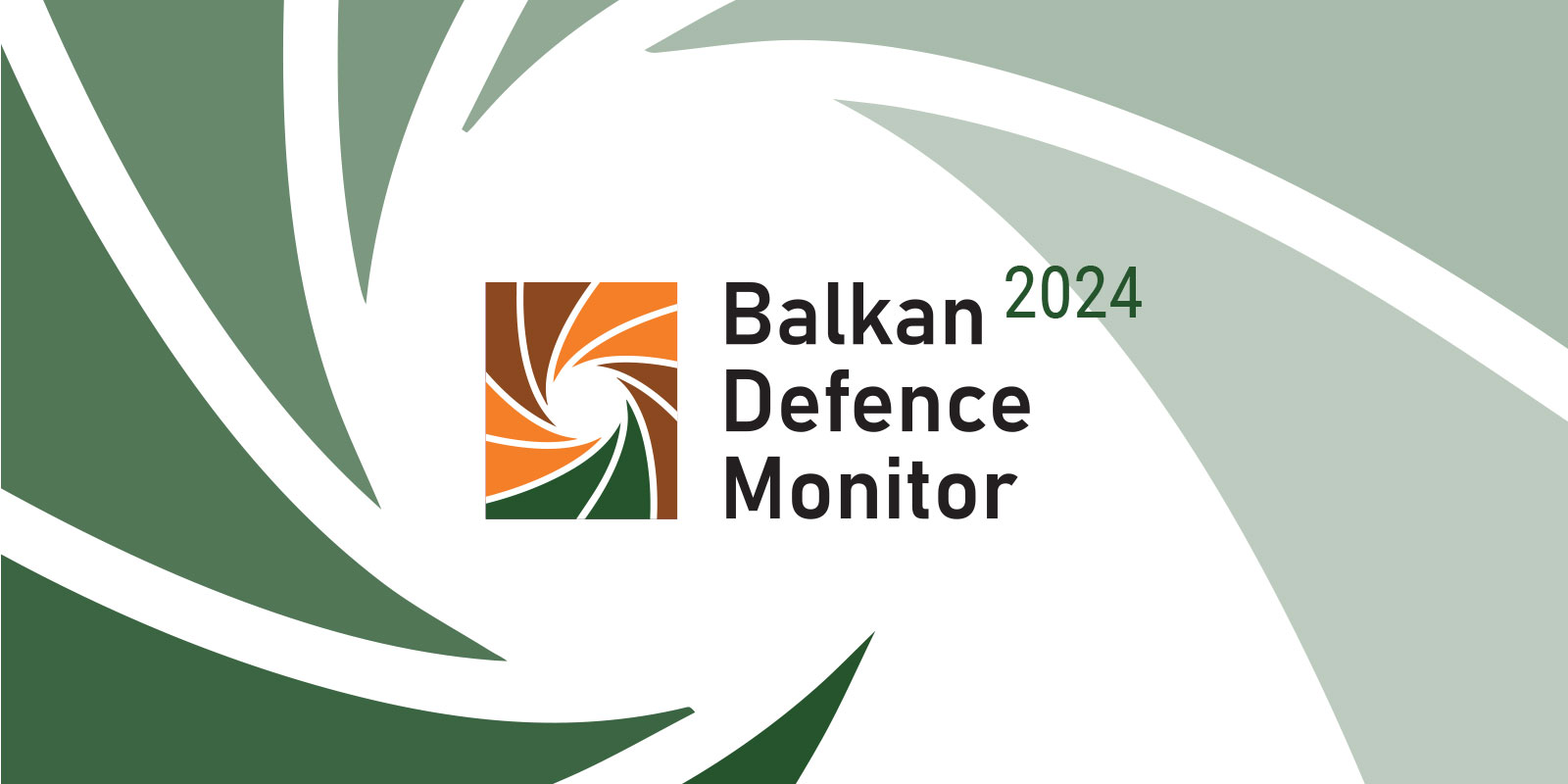PUBLICATION: Analysis
(Absence of) Trust and Security in the Second Year of the Pandemic – Serbian Citizens’ Opinions about the COVID-19 Pandemic
What do Serbian citizens think about the COVID-19 pandemic? What are their opinions about vaccination? Do they trust the institutions that were managing the pandemic? We present you an analysis of citizens' attitudes on these topics.
The public opinion poll on the management of the COVID-19 pandemic, the process of immunisation of the population and the impact of the pandemic on the work of institutions and the status of democracy was conducted during the relatively calm epidemiological period, just before the big wave in late 2021 and early 2022, when Serbia had a record number of registered citizens newly infected with the Coronavirus. At the same time, the survey was conducted in the period when all adult citizens were offered the so-called booster or the third dose of the vaccine against COVID-19. The observed period was marked by the political and security crisis in Kosovo, so the pandemic was not in the focus of public and political discussion. In the meantime, the gradual calming of the situation regarding the pandemic itself, and primarily the reduction of the number of newly infected and dead, created space for the analysis and assessment of the way the pandemic had been managed.
The data presented in the report derive from the Western Balkans Security Barometer (WBSB) survey. WBSB is a new regional initiative launched by KCSS in 2020, implemented in cooperation with the Belgrade Centre for Security Policy (BCSP) in Serbia and Center for the Study of Democracy and Governance (CSDG) in Albania, supported by the National Endowment for Democracy (NED). WBSB serves as an instrument to measure public perceptions in Albania, Kosovo and Serbia on different security-related issues. The findings demonstrate how citizens percept or are informed about the issues presented in this report. As such, the views presented in this report do not necessarily represent the views of the KCSS, BCSP, CSDG or NED.
The public opinion poll on the management of the COVID-19 pandemic, the process of immunisation of the population and the impact of the pandemic on the work of institutions and the status of democracy was conducted during the relatively calm epidemiological period, just before the big wave in late 2021 and early 2022, when Serbia had a record number of registered citizens newly infected with the Coronavirus. At the same time, the survey was conducted in the period when all adult citizens were offered the so-called booster or the third dose of the vaccine against COVID-19. The observed period was marked by the political and security crisis in Kosovo, so the pandemic was not in the focus of public and political discussion. In the meantime, the gradual calming of the situation regarding the pandemic itself, and primarily the reduction of the number of newly infected and dead, created space for the analysis and assessment of the way the pandemic had been managed.
The data presented in the report derive from the Western Balkans Security Barometer (WBSB) survey. WBSB is a new regional initiative launched by KCSS in 2020, implemented in cooperation with the Belgrade Centre for Security Policy (BCSP) in Serbia and Center for the Study of Democracy and Governance (CSDG) in Albania, supported by the National Endowment for Democracy (NED). WBSB serves as an instrument to measure public perceptions in Albania, Kosovo and Serbia on different security-related issues. The findings demonstrate how citizens percept or are informed about the issues presented in this report. As such, the views presented in this report do not necessarily represent the views of the KCSS, BCSP, CSDG or NED.
Tags: COVID 19, pandemics, public opinion
PDF PREVIEW
RELATED

Date: 26.03.2025.
Author: Isidora Stakić |
Human rights defenders are people who act, individually or jointly, to advance human rights and fundamental freedoms and fight for their protection at the local, national and international levels.

Date: 13.06.2024.
Author: Jelena Pejić Nikić | Predrag Petrović |
There are many findings of domestic and foreign research organisations that unequivocally indicate that Serbia is a captured state, with a hybrid political regime. Security institutions play a major role in the capture of the state and the collapse of democracy in Serbia, as well as in preserving the situation the way it is.

Date: 27.02.2024.
Author: Belgrade Centre for Security Policy |
We present you the new Balkan Defence Monitor - independent and comprehensive source of information regarding defence topics in the region.




